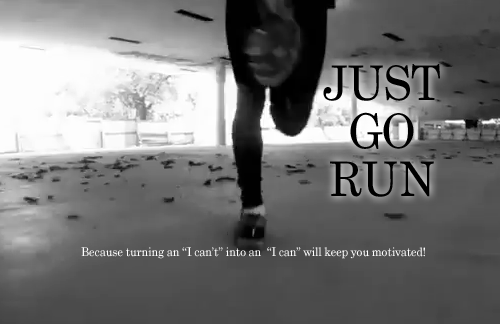Psoriasis is a skin infection characterized by itching and irritation. It is sometimes painful. In severe cases, the pain can be stinging and burning.
Some people are unable to distinguish psoriatic rashes from eczema rashes. It is pretty simple to tell them apart from one another.
Psoriatic plaques are red patches; that are intermittently covered with silvery-white scales. The complexion of eczema rashes is lighter than the normal skin.

Psoriasis Home Care Remedy
Psoriatic patches occur within well demarcated borders. Eczema rashes do not have any clear edges. They tend to be more spread out.
Psoriatic patches are slightly raised above the surrounding healthy skin. Eczema rashes are flat. They are on the level height level as normal skin.
Psoriatic patches tend to occur outside the joints. Eczema rashes tend to occur inside the joints. You are more likely to find eczema rashes inside the elbows and behind the knees.
Psoriatic rashes can affect any body part. In severe cases, they might affect the whole body. Localized psoriatic infections are more likely to occur on the elbows, knees, scalp, face, toenails, fingernails, genitals, trunk, skin folds and lower back.
There are five different types of psoriatic infections: plaque, guttate, inverse, pustular and erythrodermic. Plaque psoriasis is the most widespread variant. 80 to 90% of psoriatic patients are infected with this variant.

Psoriasis Rash versus Eczema Rash
Treatment of Psoriasis
There are five ways to treat psoriatic rashes: biologics, systemic agents, topical agents, alternative therapy and phototherapy. In order to choose the appropriate treatment method, the severity of your condition first has to be ascertained.
The PASI (Psoriasis Area Severity Index) is the most widely used metric for severity. The scale ranges from 0 (no infection) to 72 (maximal infection).
PASI is evaluated based on the following factors: proportion of body surface covered, response to previous therapy, impact of disease on your lifestyle and disease activity.

Psoriasis Skin Infection
Disease activity is a measure of the thickness, scaling, inflammation and redness.
Impact on lifestyle is the extent, to which, you have been forced to modify your daily routine. It is not uncommon for the itching and irritation to prompt an absence from work.
Besides, the itching and irritation, the societal reaction to your condition can also impact your lifestyle. People tend to avoid psoriatic patients, as if the patients are infected with a highly contagious virus. Psoriatic infections are not contagious. They are neither viral nor bacterial, but the average person on the street does not know this.
Response to previous therapy is an important PASI factor. Chronic infections are considered more severe. If your infection responds to a treatment method, but reappears after you stop the treatment; then, your condition is considered more severe.

Psoriasis Skin Inflammation
The proportion of body surface covered is the most relevant PASI factor.
Your condition is mild, if less than 3% of your body surface is affected. Your condition is moderate, if more than 3% but less than 10% of your body surface is affected. Your condition is severe, if it covers more than 10% of your body surface.
Biologics and systemic agents are used to treat severe cases.
Biologics and systemic agents are prescription medication (drugs, pills, liquids) that can be taken orally or injected. There are three main types of systemic agents: methotrexate, cyclosporine and retinoids.
Systemic agents present certain adverse side-effects. This makes them unsuitable for pregnant women. When on systemic agents, you’ll have to undergo regular blood and liver functioning tests to ensure that, you remain within healthy toxicity levels.

Psoriasis Skin Infection
Phototherapy is used to treat moderate cases.
Phototherapy consists of using ultraviolet light to treat psoriatic rashes. Therapy sessions can be conducted in a medical setting or outdoors. In a medical setting, the medical professional uses synthetic ultraviolet-light-producing lamps.
Outdoor phototherapy involves profiting from the natural ultraviolet radiations of sunlight. Sunlight emits both ultraviolet light A (UVA) and ultraviolet light B (UVB).
Dermasis is used to treat both moderate and mild psoriatic infections.
Dermasis is an ultra powerful topical agent. It is based on the ultimate active agent, salicylic acid. Salicylic acid has broad therapeutic applications in homeopathic medicine.

Psoriasis Treatment with Dermasis
The advanced dermasis system guarantees you a soothing and complete recovery. Order the certified, FDA-registered formula now and get a quick relief from the itching of psoriasis.
